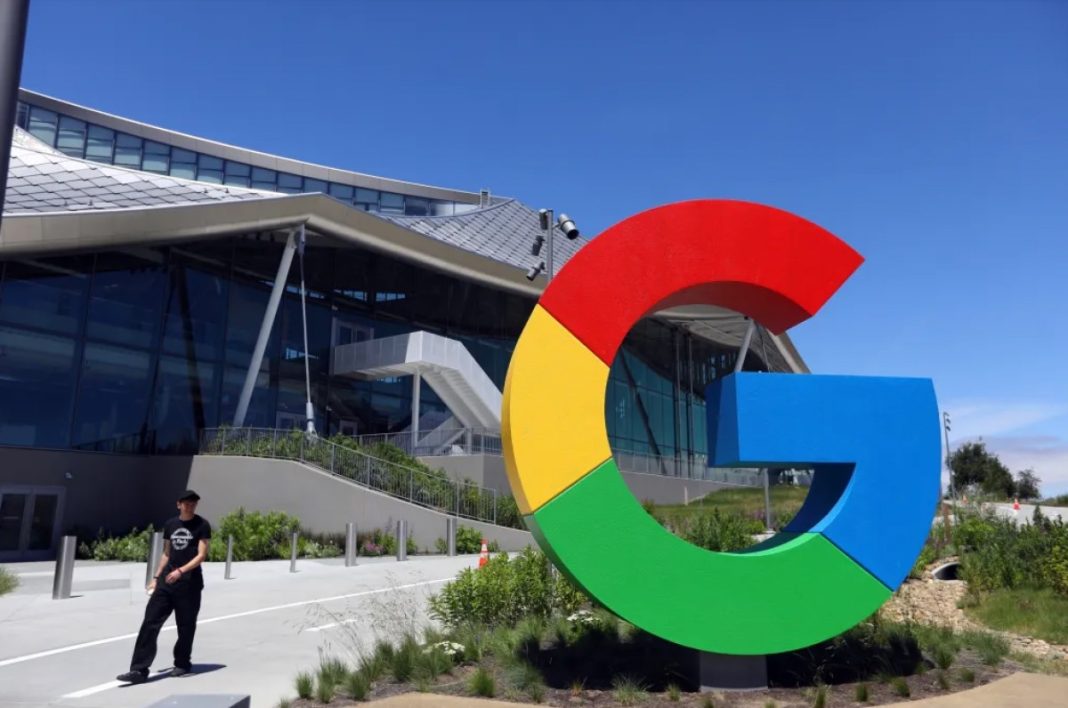WASHINGTON, USA — A federal judge in Virginia has determined that Google illegally built and maintained monopoly power in its online advertising business, siding with the U.S. Department of Justice in one of the most consequential antitrust cases of the modern internet era.
The decision, handed down Thursday, April 17, 2025, by District Judge Leonie Brinkema of the Eastern District of Virginia, addresses a $31 billion segment of Google’s advertising operations — the technologies that match advertisers with available space on websites across the web.
The judge concluded that Google’s conduct in tying its ad server with its publisher ad exchange allowed the company to “establish and protect its monopoly power” in both markets.
A Major Blow in a Series of Legal Challenges
The ruling marks the third significant antitrust defeat for Google in less than two years. In December 2023, a federal jury found that the Google Play app store constituted an illegal monopoly.
Separately, a high-profile decision in 2024 concluded that Google’s dominance in online search was maintained unlawfully.
Taken together, the decisions reflect a growing judicial consensus that Google has wielded its influence across multiple segments of the internet in ways that violate antitrust laws — exposing the tech giant to sweeping structural penalties, including the possibility of divestitures and other business breakups.
Judge Finds Harm to Competition and Consumers
In her 115-page opinion, Judge Brinkema wrote that Google’s practices deprived “rivals of the ability to compete” and “substantially harmed Google’s publisher customers, the competitive process, and, ultimately, consumers of information on the open web.”
The court found that Google exploited its dual role in the digital advertising ecosystem — both operating tools for publishers to sell ad space and running the marketplace where ads are bought — to favour its own systems and shut out competitors.
Although the court struck down one of the Justice Department’s claims concerning Google’s advertiser-facing tools, it upheld the central allegations related to the ad-tech stack that governs the placement of banner ads online.
Google Responds, Plans to Appeal
“We won half of this case and we will appeal the other half,” said Lee-Anne Mulholland, Google’s Vice President of Regulatory Affairs, in a statement.
“The Court found that our advertiser tools and our acquisitions, such as DoubleClick, don’t harm competition,” Ms Mulholland said.
“We disagree with the Court’s decision regarding our publisher tools. Publishers have many options and they choose Google because our ad tech tools are simple, affordable and effective.”
Google had previously warned that the DOJ’s case was “flawed” and would “slow innovation, raise advertising fees, and make it harder for thousands of small businesses and publishers to grow.”
The Justice Department declined immediate comment.
Broader Regulatory Crackdown on Big Tech
The ruling is part of a wider wave of regulatory action against dominant tech companies. In parallel proceedings this week, Meta CEO Mark Zuckerberg testified in a separate antitrust trial brought by the Federal Trade Commission, which accused the company of acquiring potential competitors to stifle innovation.
Elsewhere, Apple and Amazon continue to face scrutiny from federal and state regulators over their business practices, while Congress considers bipartisan legislation aimed at curbing the market power of Big Tech.
For Google’s parent company Alphabet — already dealing with grant and contract freezes at several institutions and facing ongoing probes into search and cloud practices — the latest decision intensifies legal pressure and raises the likelihood of far-reaching structural reforms.
Though appeals are expected to stretch over years, the verdict significantly advances the U.S. government’s effort to rein in the unchecked dominance of Silicon Valley’s largest firms.







